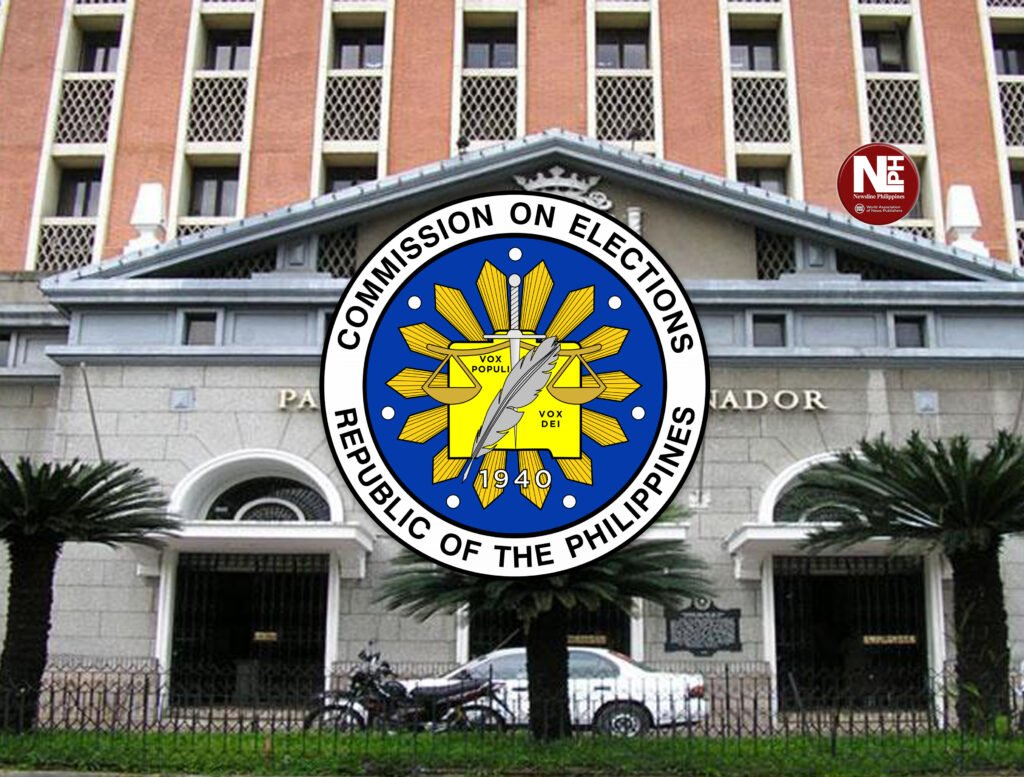
MANILA (October 13) — The Commission on Elections (Comelec) will start printing more than 90 million official ballots on Monday — the largest ballot production in the country’s electoral history — ahead of the synchronized 2026 Barangay and Sangguniang Kabataan Elections (BSKE) on November 2 next year.
Comelec Chair George Garcia said the printing will commence at 1 p.m. at the National Printing Office (NPO) in Quezon City, covering both barangay and Sangguniang Kabataan (SK) ballots and other accountable forms to be used in the polls.
“It is the first time in the history of the Comelec and NPO that we will print more than 90 million ballots. This is the first time we are printing these many ballots,” Garcia said.
Of the total, 69 million ballots are allotted for barangay voters and 23 million for SK voters. Garcia said starting the printing more than a year before election day is meant to give the poll body ample time to address technical or logistical problems that may arise and ensure smooth poll preparations.
“We want to make sure that if there will be any problems, at least our printing, including verification, will be completed as soon as possible,” Garcia added.
Comelec estimates the total number of ballots could rise to around 95 million once voter registration — which resumes on October 20 and runs until May 18, 2026 — is completed.
In August, President Ferdinand Marcos Jr. signed Republic Act No. 12232, resetting the originally scheduled December 1, 2025 BSKE to the first Monday of November 2026. The move is aimed at giving the commission time to focus on the first-ever Bangsamoro Autonomous Region in Muslim Mindanao parliamentary elections.
That election, initially set for October 13, 2025, was also moved to March 31, 2026 after the Supreme Court of the Philippines struck down Bangsamoro Autonomy Act No. 58 and Bangsamoro Autonomy Act No. 77 as unconstitutional. The laws would have created and reconstituted parliamentary districts in the region.
With the early start of ballot printing, Comelec officials said they aim to avoid the last-minute rush that has previously hampered logistics and distribution in past elections — part of what the poll body calls a more “proactive” approach to the 2026 electoral cycle.

